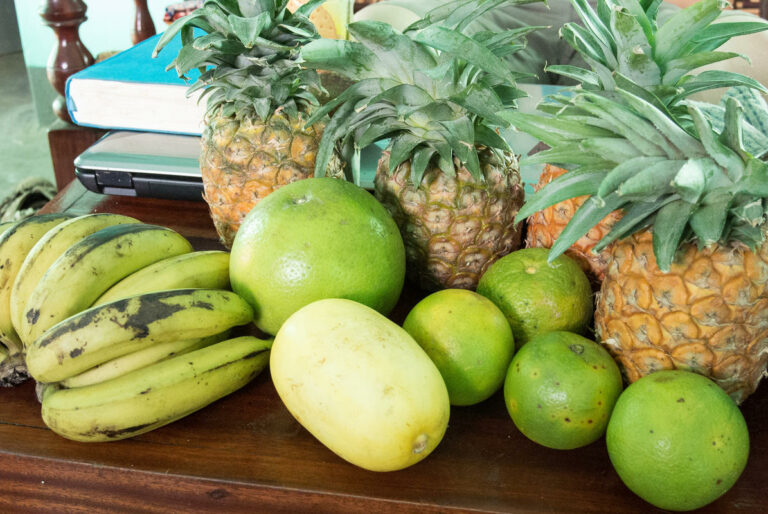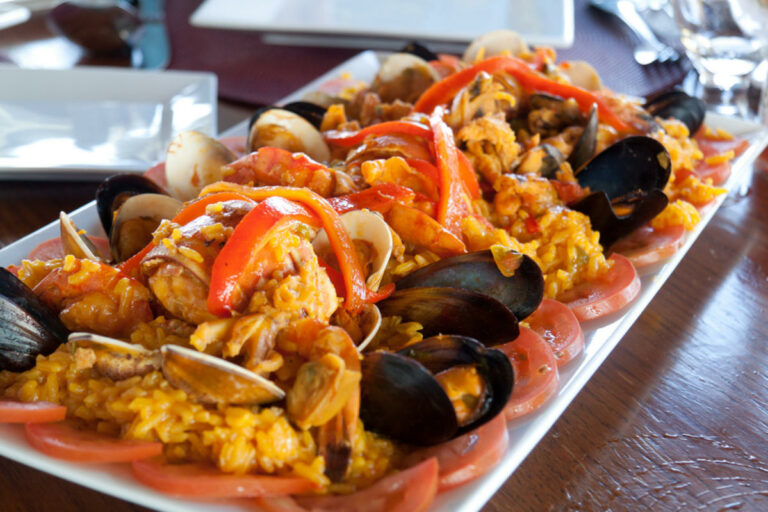Introduction: Exploring Tongan cuisine
Tongan cuisine is a unique blend of tropical ingredients and traditional cooking methods that have been passed down through generations. The food is characterized by its richness, bold flavors, and use of fresh produce. Tongan cuisine is an integral part of Tongan culture, and the food is often served during important events and celebrations.
Understanding Tongan culture and traditions
Tongan culture is deeply rooted in tradition and is known for its hospitality, respect, and strong family bonds. The Tongan people are proud of their cultural heritage and often express it through art, music, dance, and food. The traditional Tongan way of life revolves around the family, and the community plays an important role in daily life.
Significance of food in Tongan culture
Food is an essential part of Tongan culture and is often used to celebrate important events, such as birthdays, weddings, and funerals. The preparation and sharing of food play an important role in strengthening family bonds and fostering relationships within the community. Food is also used as a symbol of respect and gratitude, and it is customary to offer food to guests as a sign of hospitality.
Popular Tongan dishes with cultural importance
Tongan cuisine features a variety of dishes that are both delicious and culturally significant. One such dish is called Lu pulu, which is made from taro leaves and corned beef, cooked in coconut cream and served with boiled yams. Another popular dish is called Ota Ika, which consists of raw fish marinated in lemon juice, coconut cream, and onions.
Ceremonial dishes for special occasions
Tongan culture has several dishes that are reserved for special occasions and celebrations. One such dish is called ‘umu, which is a traditional Tongan feast that involves cooking a variety of meats and vegetables in an underground oven. Another popular dish is called Feke, which is grilled octopus served with taro root and coconut cream.
Conclusion: The cultural importance of Tongan cuisine
Tongan cuisine is a reflection of the rich cultural heritage of the Tongan people. The food is not only delicious but also plays an important role in celebrating the traditions and customs of Tongan culture. From the preparation and sharing of food to the ceremonial dishes served during special occasions, Tongan cuisine is a testament to the importance of food in strengthening family bonds and fostering relationships within the community.


